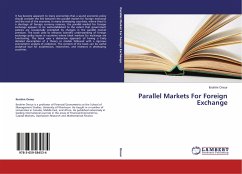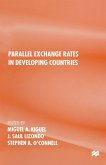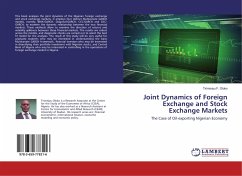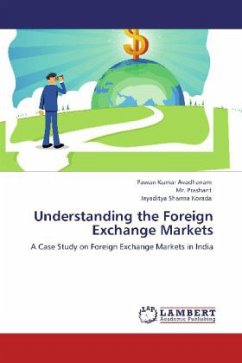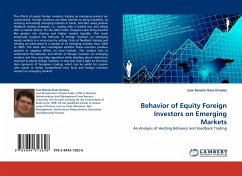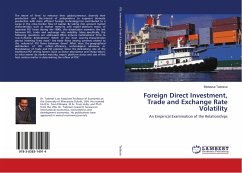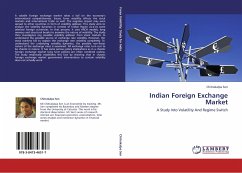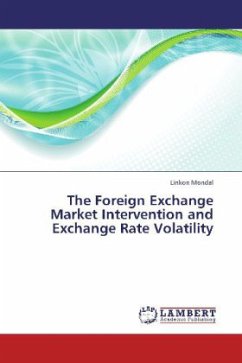It has become apparent to many economists that a sound economic policy should consider the link between the parallel market for foreign exchange and the rest of the economy. In many developing countries, where there is a shortage of foreign currency reserves, the parallel market for foreign exchange appears to be well-established to the extent that government policies are occasionally prompted by changes in the parallel market premium. The book aims to enhance scientific understanding of foreign exchange policy issues in countries where black markets for exchange are functioning. The book uses a distinctive approach of having a fairly detailed decscription of a theory or models followed with a rigorous econometric analysis of evidences. The content of the book can be useful analytical tool for academician, researchers, and investors in developing countries.

